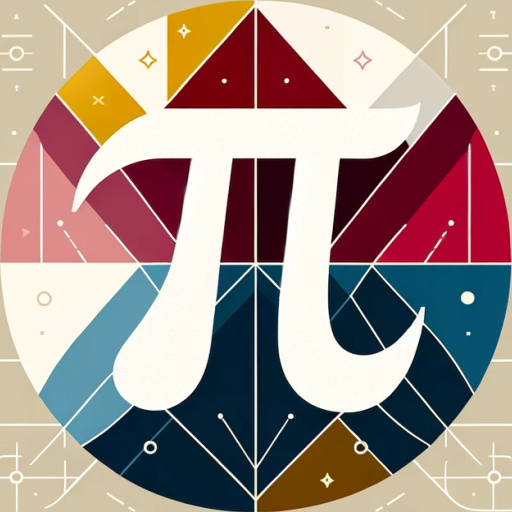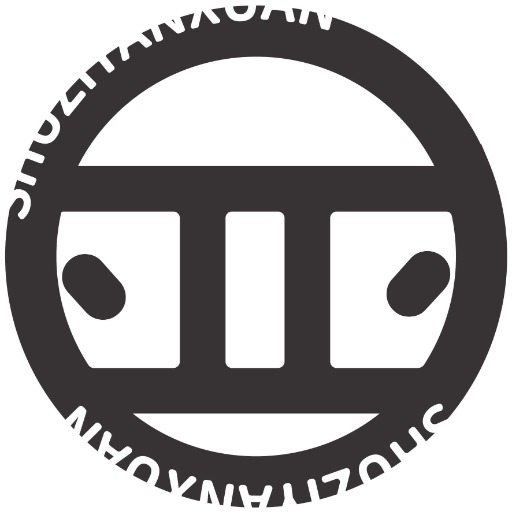Anki Card Creator-AI-powered flashcard creator
AI-Powered Flashcard Generation Tool
优化我以下输入的闪卡内容结构,并给出修改原因:
根据我上传的文件内容转换为闪卡:
将以下内容转换为闪卡:
根据预置参考文件将以下内容拓展卡片:
在以上闪卡基础上,拓展卡片
Related Tools
Load More20.0 / 5 (200 votes)
Introduction to Anki Card Creator
Anki Card Creator is a specialized tool designed to facilitate the creation of flashcards for the Anki platform. Its primary function is to transform educational content into concise, effective flashcards that enhance learning and retention. The design purpose is to streamline the process of breaking down complex information into manageable, memorable pieces, adhering to principles of effective card creation. For instance, a student studying biology can input a chapter from their textbook, and the Anki Card Creator will generate flashcards focusing on key terms, concepts, and questions that reinforce the material.

Main Functions of Anki Card Creator
Content Breakdown
Example
A history student inputs a detailed passage about the French Revolution. The tool breaks down the passage into flashcards covering major events, important figures, and key dates.
Scenario
This function helps students who are overwhelmed by large volumes of information to manage their study material more effectively by focusing on individual, digestible pieces of content.
Question Generation
Example
A medical student studying anatomy can input their notes, and the tool generates questions like 'What is the function of the liver?' or 'Name the bones in the human arm.'
Scenario
This is particularly useful for students preparing for exams, as it enables them to test their knowledge and identify areas where they need further review.
Answer Simplification
Example
A user inputs complex theories from a physics textbook. The tool simplifies the answers to core concepts, making it easier to remember.
Scenario
Ideal for learners who need to grasp fundamental ideas without getting bogged down by intricate details initially, ensuring a solid understanding of the basics.
Ideal Users of Anki Card Creator
Students
Students at various educational levels can benefit from Anki Card Creator by converting their study materials into flashcards, aiding in better retention and understanding of subjects. For example, high school students preparing for standardized tests like the SAT or college students tackling dense textbook chapters.
Professionals
Professionals looking to continue their education or study for certifications can use the tool to keep track of vast amounts of information. For instance, IT professionals studying for certification exams like the CISSP or PMP can break down complex subjects into manageable flashcards.

How to Use Anki Card Creator
Visit aichatonline.org
Visit aichatonline.org for a free trial without login, no need for ChatGPT Plus.
Access the Card Creator
Navigate to the Anki Card Creator section on the website and click on 'Create New Cards'.
Input Text
Enter or upload the text content from which you want to generate flashcards.
Generate Flashcards
Select the format and click 'Generate'. Review and edit the flashcards if necessary.
Export and Use
Export the flashcards to Anki or another preferred format and start using them for study or review.
Try other advanced and practical GPTs
CaloriesChecker.com
AI-powered nutritional analysis tool.

Video Editor Copilot
AI-powered editing for educational videos

論文・レポート添削!
AI-powered academic paper review tool

math
AI-powered Mathematical Problem Solver

Tech News Translator
AI-powered translation and news summaries.

スタートアップや新規事業のためのリーンキャンバス
AI-powered Lean Canvas for startups

公众号标题党大师
AI-Powered Headlines for Maximum Engagement

Integral Calculator
AI-Powered Integral Calculator for All

Essay Writer
AI-powered Essay Writing Simplified

Mind Map Generator
AI-Powered Mind Mapping Tool

Midjourney提示词Prompt大师
Unleash Your Creativity with AI-Powered Prompts

文章写作润色大师
AI-Powered Writing Enhancement

- Language Learning
- Exam Preparation
- Professional Training
- Book Summaries
- Quick References
Q&A About Anki Card Creator
What is Anki Card Creator?
Anki Card Creator is a tool that helps users generate Anki flashcards from text content, simplifying the process of creating study aids.
How do I start using Anki Card Creator?
Visit aichatonline.org, access the Anki Card Creator section, input your text, generate flashcards, and export them for use.
Do I need an account to use Anki Card Creator?
No, you do not need an account or ChatGPT Plus to use the free trial at aichatonline.org.
Can I edit the generated flashcards?
Yes, you can review and edit the flashcards before exporting them to ensure they meet your needs.
What are some common use cases for Anki Card Creator?
Common use cases include language learning, studying for exams, summarizing books or articles, and creating quick reference cards for professional use.